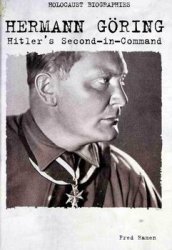Construction of the Panama Canal begins.
O. Henry’s first collection of short stories, Of Cabbages and Kings, is published.
Incumbent Republican Theodore Roosevelt wins the presidential election against Democrat Alton B. Parker.
The Roosevelt Corollary modifies the Monroe Doctrine. The corollary states that the United States will intervene in any Latin American country guilty of “chronic wrongdoing.”
Muckraking journalist Ida Tarbell publishes History of the Standard Oil Company, exposing how John D. Rockefeller had ruthlessly created a monopoly through his company. The book prompts a federal investigation of Standard Oil for antitrust violations.
In Northern Securities Company v. United States, the U. S. Supreme Court demands the dissolution of the Northern Securities Company because it violates the Sherman Antitrust Act of 1890. It is the first successful prosecution under the Sherman Act.
The Industrial Workers of the World (IWW) begins organizing semiskilled and unskilled workers regardless of their race, ethnicity, or gender, starting with mineral mine workers in the West.
Ruling counter to its earlier precedent, the U. S. Supreme Court invalidates an 1893 New York State law that regulates the length of the bakery work day in Lochner v. New York.
John P. Harris and Harry Davis open the first nickelodeon in Pittsburgh; patrons can view a movie for five cents.
Using the Roosevelt Corollary, the United States seizes the finances of the Dominican Republic when the country is unable to make payments on its $22 million debt. The nation’s finances will be under U. S. control for the next three decades.




 World History
World History









